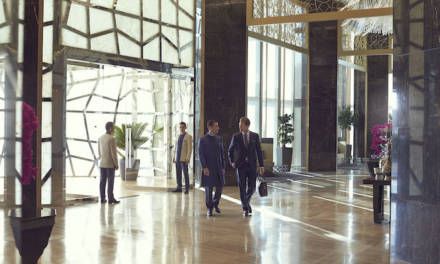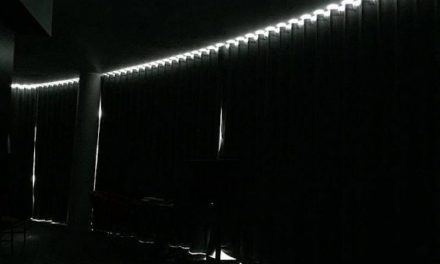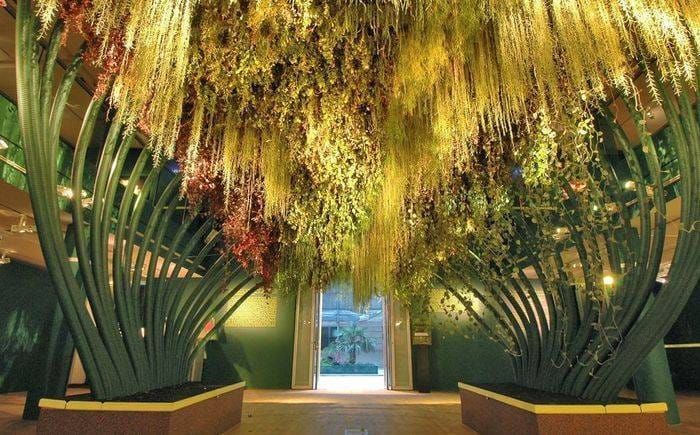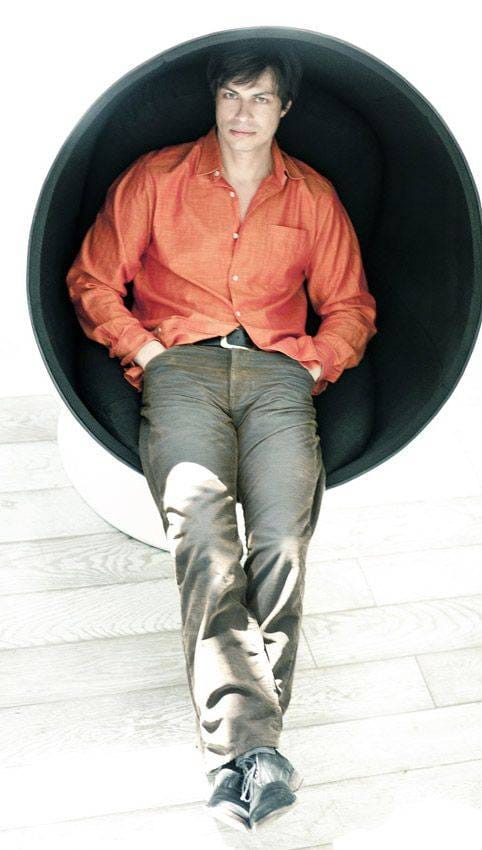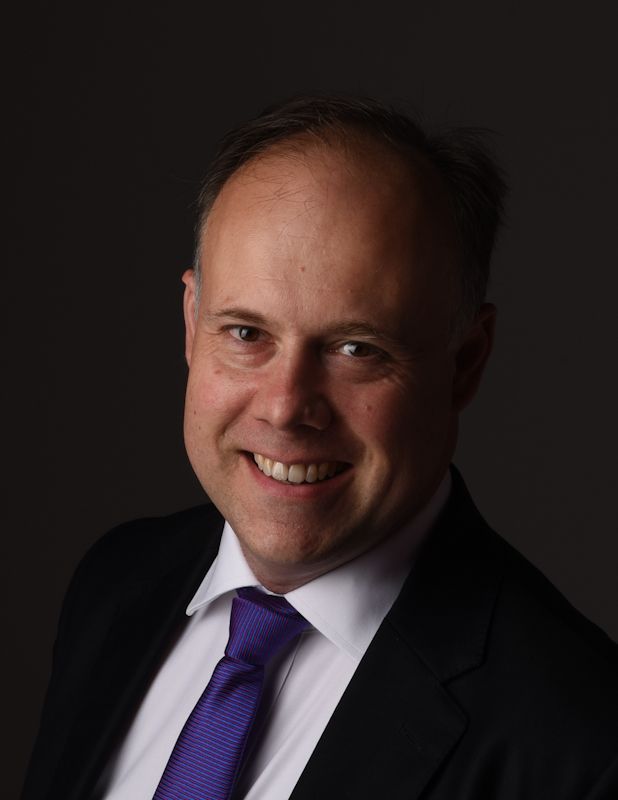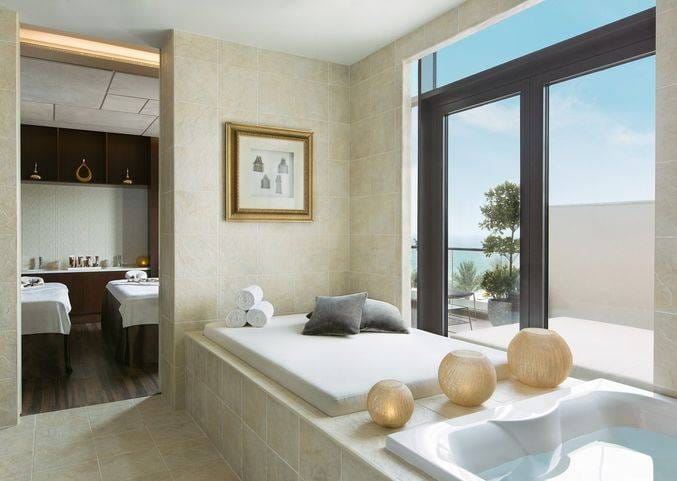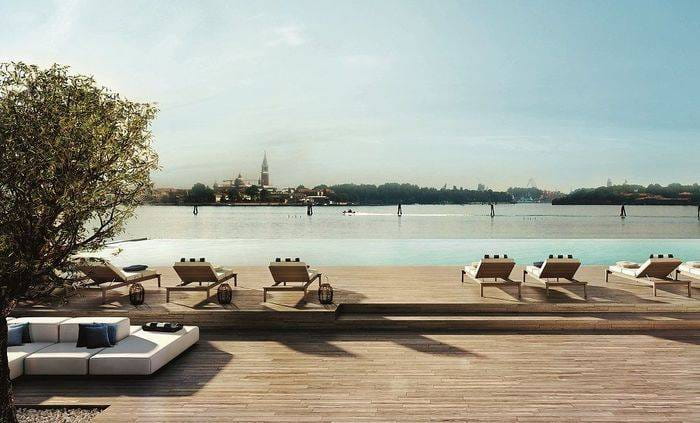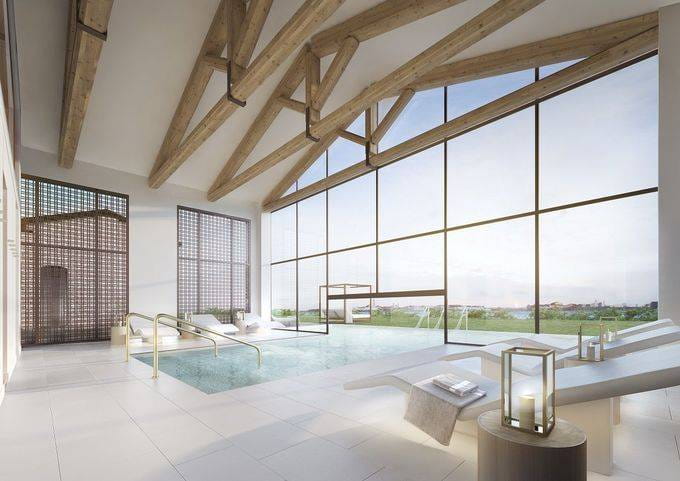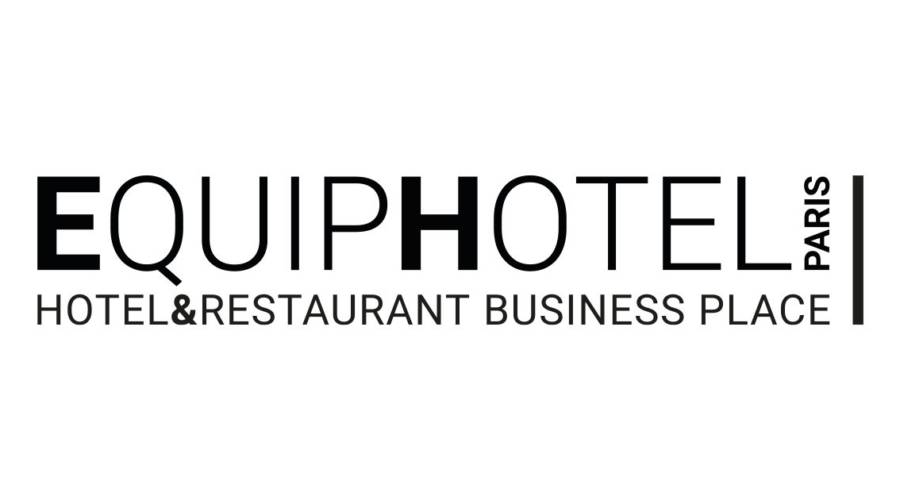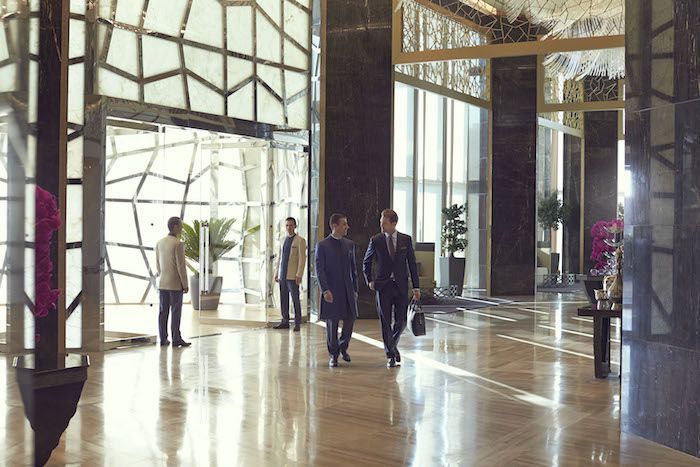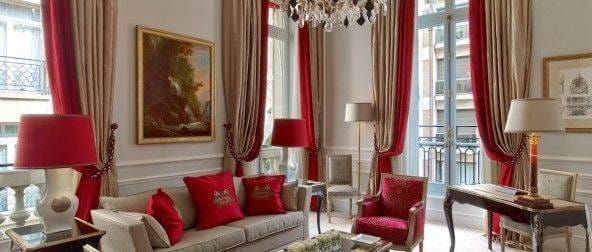“Being Away at a Hotel” With Alexis Tricoire
Up until only a few years ago, clients largely sought out hotels that made them feel at home. Today, the circumstances have changed. The client, who has now become an experienced traveler and a well-informed connoisseur of hotels, is increasingly in search of being transported ‘elsewhere,’ an experience that promises to render his stay memorable. This sense of being away from home is now the leitmotif that architects must strive to transcend and reinvent with each new project.
You will always find a room, a bathroom, and the usual public spaces in these places that will face becoming reinterpreted to write a new history—one that will convey new meaning by drawing inspiration from the history, the landscape, or the cultural traditions of the space, in an attempt to find authenticity in a foreign setting. Hotels must differentiate their offerings to transport the client elsewhere while maintaining the same level of service performance.
Alexis Tricoire
Today I present to you my interview with Alexis Tricoire, a ‘vegetable visual artist’ whom I met at a previous conference at the MAISON & OBJET Salon. Alexis founded Vegetal Atmosphere®, a studio-lab of vegetable design that explores new technological and aesthetic routes of exploring vegetable visual art by drawing inspiration from biodiversity. He dreams up alternative terrains of nature, wildly inventing new refuges for them. Thanks to the design of the objects and their installations in public spaces, the plants come to colonize a space and acquire new values related to well-being and ecological challenges.
We have already seen vegetable walls designed by Patrick Blanc, like the one in Pershing Hall, and I am sure it is only a matter of time before we will discover vegetable-lined ceilings or other fabulous vegetable concoctions by Alexis Tricoire in hotels. In the meantime, I invite you to discover our interview below (you can find the English translation of our transcribed interview dialogue below the video).
“Being Away”: An Interview with Alexis Tricoire
Alexis Tricoire: Built into this idea of being elsewhere from one’s home is, on one hand, the notion that one has to be reassured by the comfort of the services, but on the other, there’s also this desire to live out an adventure, a film, a new imaginary world, to be transported elsewhere, which may correspond to a local culture, but which may also be completely different.
Question 1: How does your work contribute to creating this ‘elsewhere’?
AT: So in this line of work, I actually work on sculptures that serve as grand gestures in places like shopping centers or hotels, and these sculptures are there specifically to transport the visitor so that, all of a sudden, he might find himself energized by a multisensory emotion, from the plants, the light, the sound…and all this so that he becomes suddenly absorbed by this living image and transported to an ‘elsewhere,’ an ‘elsewhere’ that may be artistic, different, that may not necessarily correspond to the local culture, but instead simply to a search for identification of the object in a local context.
Q2: How do you create this sense of being ‘elsewhere’?
AT: Along those lines, there are many different examples…I’m thinking specifically to certain examples, like the time I began working on vegetal designs with Patrick Blanc. It was an exhibition on vegetal design called “Folies Végétales” for Espace Electra 2006; for this, Patrick Blanc tasked me with dreaming up nature in a completely unexpected way, such as he himself had seen in the jungle. So what I did was invent machines, systems, and large sculptures that staged this phenomenon, so that when you entered the museum, you felt as if you had in fact entered some sort of vegetal crater, with a ceiling of plants that trailed above. It provided the impression of being reborn in a new universe, in a new place, of being in some kind of indefinable ‘elsewhere.’ We were no longer in Paris, we were in some kind of cultural jungle that had this mélange of the real, of nature truly identified with real nature…and all this mass of nature was recomposed in an artistic fashion to further highlight it in order to deliver a certain effect, which was this notion of birth through an object.
Then there was Lyon Confluence, where I worked on what was called the ‘Iles Végétales,’ which were these kind of luminous flying saucers with plants inside that were growing and pollinating everywhere and developing. Behind them were these mirrors from falling sheets of water, so that it gave the impression of being in some kind of ‘interstellar world,’ all while being vegetal, so it was again completely unidentifiable. And all this along the center of three floors, so that one could see it from below, from above, and from the middle, thereby creating a unifying link between the three floors. In its own way, then, this, too, constructed a certain manner of being ‘elsewhere,’ of feeling truly on a voyage, an adventure, or an experience—that of the pulse of this space.
Q3: How do you export the French art of living?
AT: We spend a lot of time talking about this French art of living—should we continue an art of living? should we create a rupture?—and to that end, I say, here you go; with this kind of installation, when one enters a place like a large hotel that has a space that it can dedicate to a sort of nature, that can be sublimated, that’s completely different, and that can transport its viewer to another universe, this is it. This is the ‘rupture’ we’ve been waiting for: the large hotels transcending a lifestyle, a way of seeing plants beyond flowers, honing a highly masterful, very plastic aesthetic. When one arrives to become absorbed by a vegetal energy across a futuristic transposition, this is what makes it so that—at last!—we can embark on another type of adventure. And in many ways, this is completely faithful to the French style because France has always been on the cutting edge in terms of values, evolution of styles, etc. So I don’t see why we remain stuck in this kind of outmoded style these days. No, the French way is also about being futuristic, about bringing novelty, bringing in new ideas—and that’s how the French way of living can export itself across these kinds of things.
Laurent Delporte, an editor and conference speaker, is a strategic expert in the sector of hotels. A visionary, he brings his unique look on hotels in service to the decision-makers in the industry, whether to enhance the development of new projects or strategic visions.
Laurent has visited and audited over 350 hotels across the world and also participates in mystery visits to provide quality control for the world’s finest hotels.


 HOME
HOME